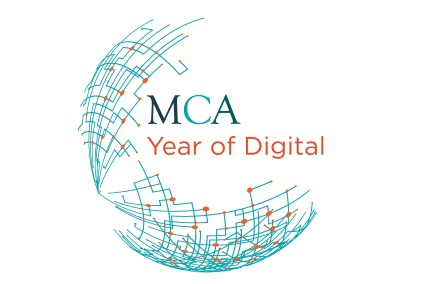Andy Tinlin, Managing Director Accenture Strategy, is increasingly seeing that most consulting demand now comes from businesses needing support to help them develop growth propositions. “Business leaders endured six years of restructuring and cost-cutting. That’s a large chunk of anyone’s career. They got tired of being tired. Now, they’re seizing on the return of growth to the economy to look to the future.”
And it is his view that businesses need consulting support at the moment in part because of gaps in their strategic and middle management skills . “While some firms held onto key staff during the tight years of the downturn, many shed expertise or didn’t recruit emerging capabilities. Consultants are filling these gaps, often in response to urgent demands. Investment committees are now asking to see where businesses want to go next, and what their big plays for the future are going to be.”
Consulting, Andy argues, is changing. It has moved from being a niche advisory business, into an industry worth billions of pounds. “Increasingly, as our industry matures, we will need to move away from commodity sales into much more dynamic relationships with clients.”
Digital is at the heart of Accenture’s vision for the future, but so are people. Consulting will remain a business delivered by people, though certain bulk processes and types of analysis may be digitised. But the realities of the Digital economy and the changes it is bringing will mean that the consultants of the future will be different. Andy says that Accenture has no difficulty attracting people, but it needs to train graduate entrants, mature hires and existing staff to cope with the new realities of business.
“Clients need to look at options for the future, while also recognising that the future is unpredictable. Our role is to prepare them to meet that unpredictability, to ensure that they can adapt to change. So, our consultants themselves will need to be able to deal with ambiguity and uncertainty.”
At Accenture’s London Innovation Centre, clients are challenged about their own assumptions, their own dogmas, and encouraged to think about how they would react to a range of future challenges.
“The output of these sessions is not typically the old-fashioned strategic plan. Rather, we aim to help organisations to become more responsive, light on their feet, more innovative and more resilient. This will equip them to face the challenges of an increasingly fast-moving business environment.”


